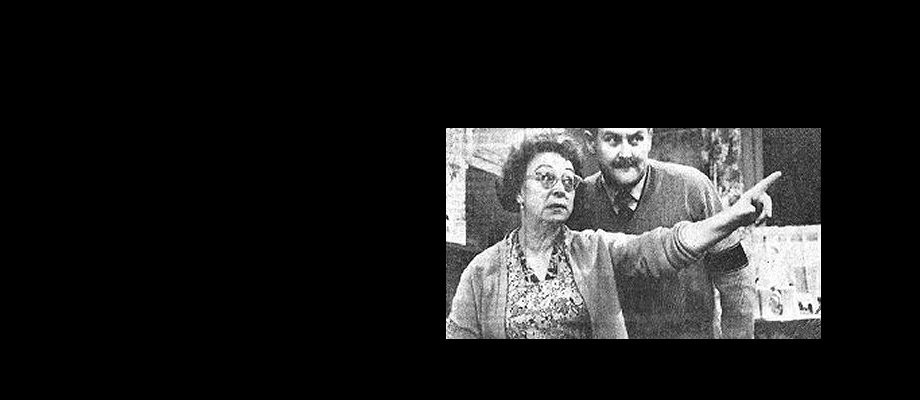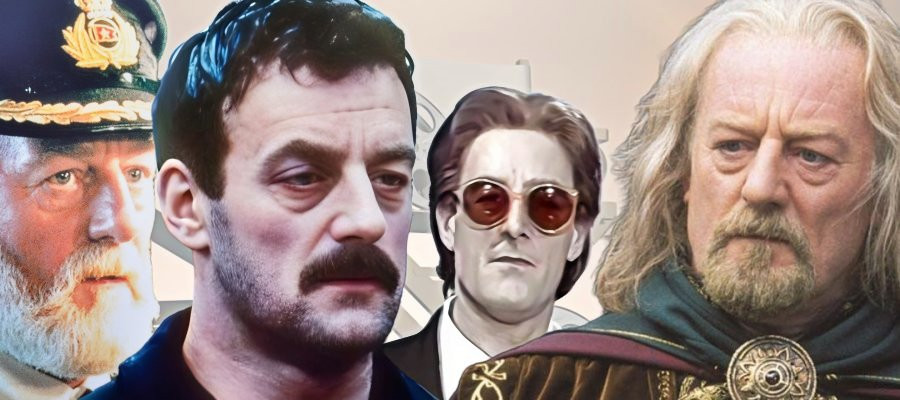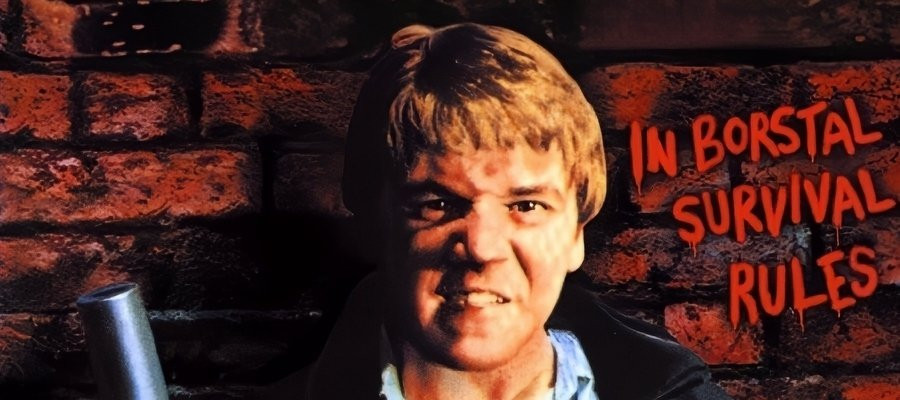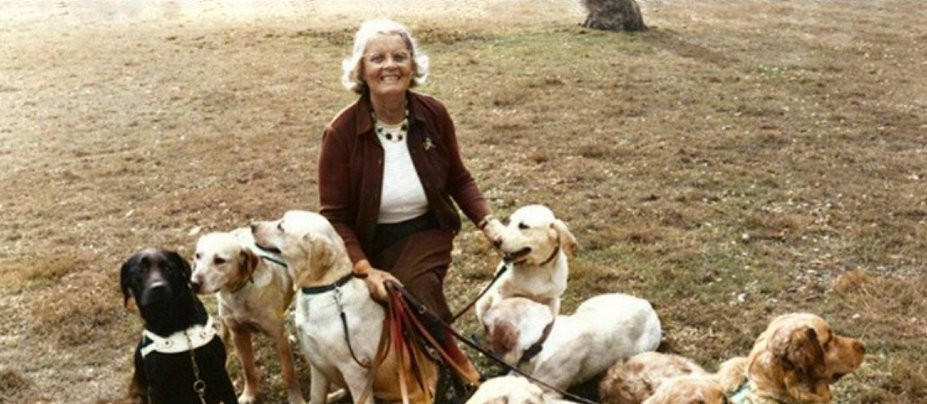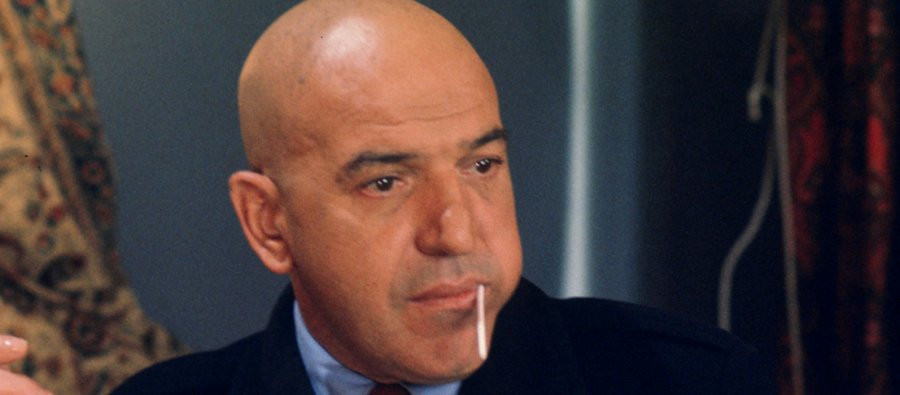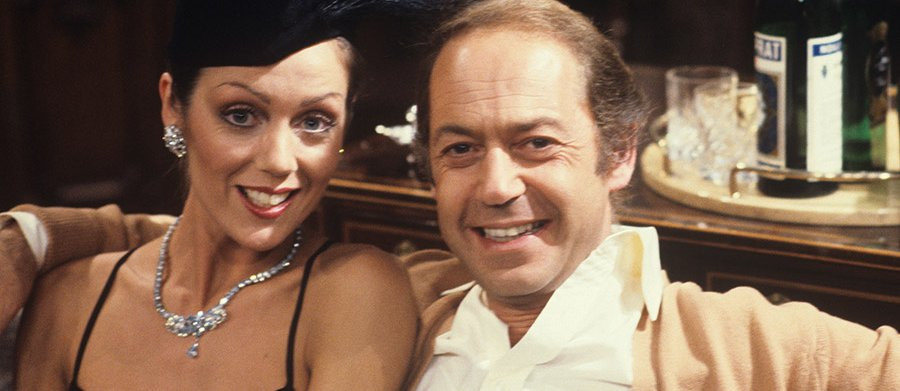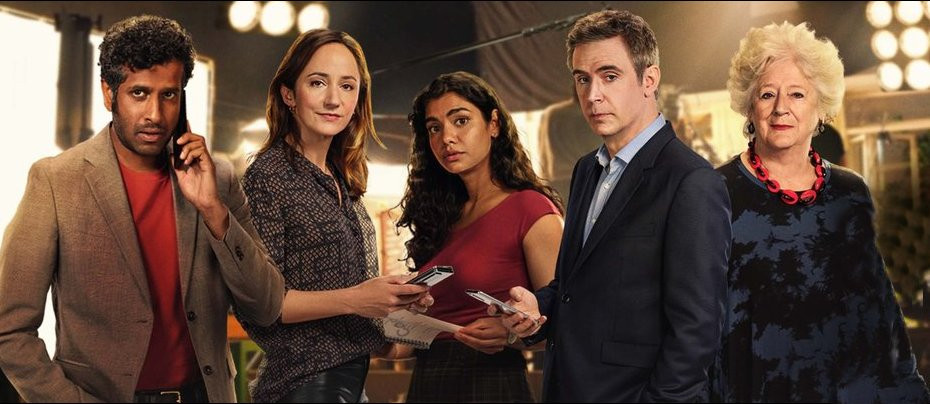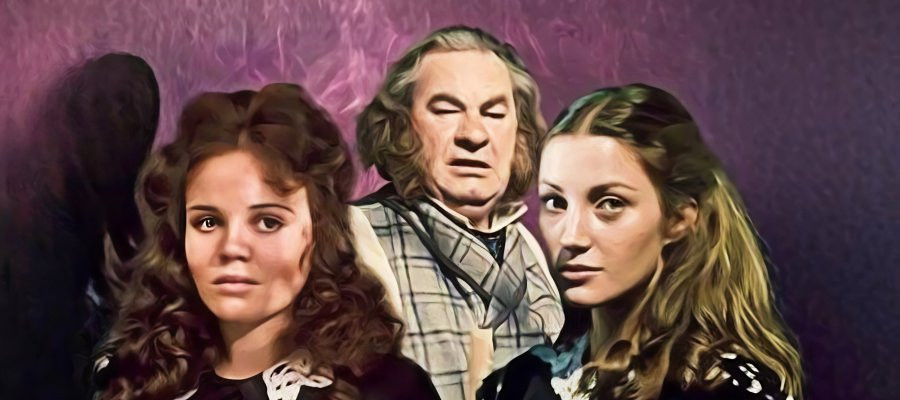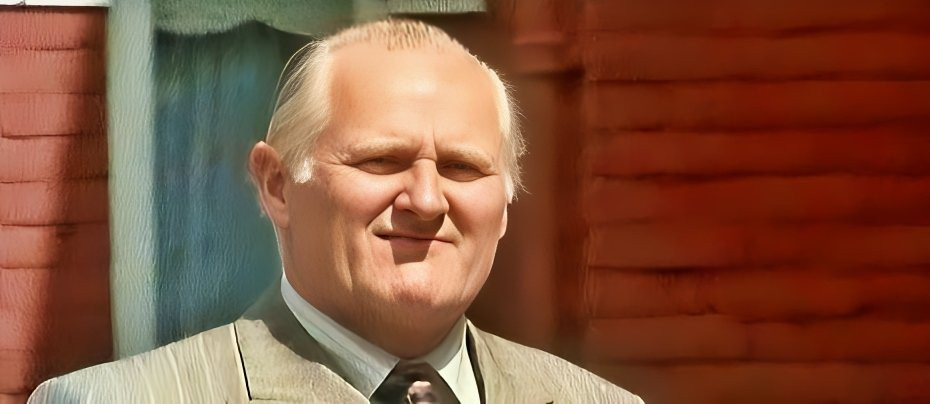
Fox
1980 - United Kingdom"It was about loyalty - working-class loyalty, working-class villain loyalty - and it was an attempt by all of us to say, OK, the single play may be dead but we now see the possibility of starting something, if you like, called the television novel. Because they are novelistic in their structure – Fox was a novel" *
Director Jim Goddard's observation about the death of the single play is just one factor crucial to understanding how Euston Films, the subsidiary of Thames Television, pioneered a number of radical new strategies for drama on television during the 1970s and 1980s. They abandoned the then traditional methods of making drama for television, the standard mix of studio VT and location filming and instead put together a company devoted to making location only based 'cinema for television'. Goddard and the writer of Fox, Trevor Preston, had originally suggested a similar idea to ABC in the mid 1960s about setting up a small production team working entirely on film.
Goddard and Preston knew each other, initially from working on the arts programme Tempo, had both worked on The Sweeney, rightly regarded as Euston's first popular television success born of the exploitation their new strategies, and Preston was desperate to move away from the cop show/thriller format, and in partnership with Goddard, was "interested in taking conventional formats like the thriller and making them into something more. I think the audience deserves more." ** Observing that The Sweeney's format had its limits and restrictions, and about to quit and start a business building boats, he pitched the six-part drama Out to an enthusiastic Verity Lambert, then an ambitious executive producer at Euston.
Out was commissioned and immediately broke the mould by combining several dramatic genres, the way that it placed a criminal at the centre of a taut, psychological drama, Phil Meheux's use of expressionistic cinematography and Goddard's own cinematic vision. Preston then took this methodology, a greater focus on character and psychology and a working-class cockney criminal milieu and expanded it to tell the saga of Fox, an 11-hour, 13-episode epic focusing on the Fox family, headed by gruff patriarch Billy Fox, set in the environs of a rapidly changing Clapham area of London in 1980.
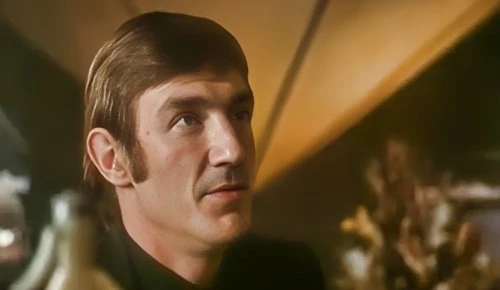
Billy Fox (the ever reliable Peter Vaughan), a retired Covent Garden market porter, is the head of a large household, including his wife Connie (wonderfully played by Elizabeth Spriggs) and his five sons, portrayed a thrilling ensemble of young British actors, Ray (Derrick O'Connor), Vin (Bernard Hill), Kenny (Ray Winstone) and Phil (Eamon Boland).

The overall arc of the saga focuses on the construction of the family and the internal, often very tense, relationships between a father and four sons. The series is as much about male identity, ideas of masculinity, working-class pride and common sense versus intellectual and political idealism, as it is about the erosion of what are regarded as sacred family ties. Thus, for the first half of the series episodes focus on individual sons, opening with Billy's 70th birthday and then concentrating on boxer Kenny’s preparation for a crucial fight.
The fallout from the fight, where Kenny kills his opponent Charlie Locke is one of the early highlights of the series. The way the fight is shot and directed, where an entire episode is devoted to its raw and feral nature, is quite comparable to Scorsese's work on Raging Bull. As the story progresses, Preston introduces elements from the criminal underworld, firstly with the rather seedy couple who kidnap a distraught Kenny, steal his car, and hold him for ransom, and then with rivalry in the form of local gangsters who eventually bring matters to a head in a rather brutal pub fight.
Sub-plots concerning mature student Phil's leftist politics, Vin's deaf son Andy, nightclub owner Ray's brush with police corruption and Joey's relationship with bisexual Bette are all expertly woven into the background to be then, in the second half of the series, fully explored. Phil's antagonistic relationship with Billy reaches a crisis point after he is framed for assault at a demonstration. Phil's parting words to Billy, suggesting the family will be free of his domination once he's dead, provide an emotional and narrative framework for the remaining episodes. Billy dies after a heart attack, whilst out fishing with young Andy, and the repercussions for all of the family are then explored.
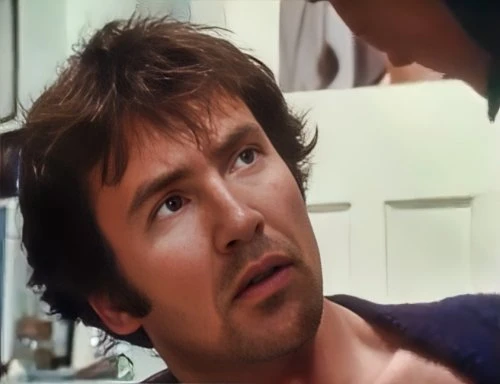
It was an extraordinary achievement for television drama in 1980, taking a year to shoot, and it benefits from a superb ensemble cast. Larry Lamb as Joey, and Eamon Boland as Phil, offer up subtle and nuanced performances, key to the series explorations of male sexuality and father and son relationships. This not to say that the women’s roles are submissive to their male counterparts because Maggie Steed, as the striking, wayward bisexual Bette is equally superb, especially when she struggles to contextualise, and best explain, her sexual nature to a rather confused Joey. Elizabeth Spriggs, as Connie, underplays through much of the early episodes but really defines her role when, after Billy’s death, she must confront a woman who has had an affair, and consequently a daughter, with him.
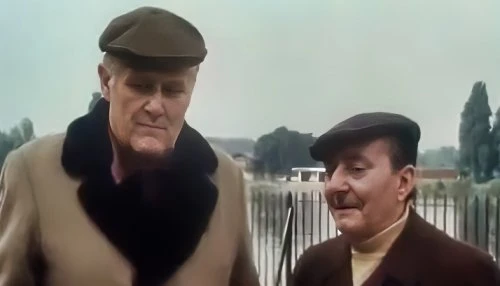
When Phil confronts Connie about his wish to leave for America, Spriggs sums up, in her acting, all the tension and anger a mother must feel when she sees her family drifting apart around her. The narrative also takes place within a London that’s rapidly changing, very symbolical of the wider changes in society under Thatcherism and keys into Trevor Preston's own reaction to this and his upbringing as a working class Londoner. Many of the episodes are also very experimental in the use of music and song, similar to the function of Alan Price's songs in Lindsay Anderson’s O Lucky Man, where Preston's lyrics and George Fenton's music act as a Greek chorus, commenting on and embellishing the emotional journey of the characters.
A quintessential slice of Euston Films television output, one of the first long form dramas to experiment with a novelistic approach, Fox was available on DVD, from Network, and featured commentaries from director Jim Goddard and writer Trevor Preston, on the first and last episodes, as well as all thirteen original scripts in PDF format. Since the demise of Network it is unknown how widely available it still is.
* Director Jim Goddard, Made For Television: Euston Films Limited (Alvarado and Stewart, BFI Publications 1985)
** Screenonline, Trevor Preston biography (http://www.screenonline.org.uk/people/id/1157184/ accessed 23/03/09)
Seen this show? How do you rate it?
Seen this show? How do you rate it?
Published on December 13th, 2018. Written by Frank Collins for Television Heaven.


